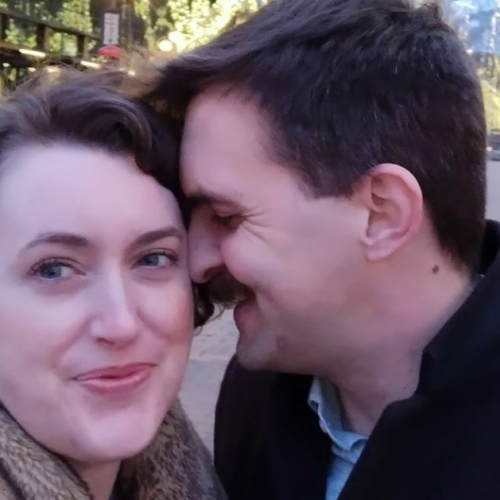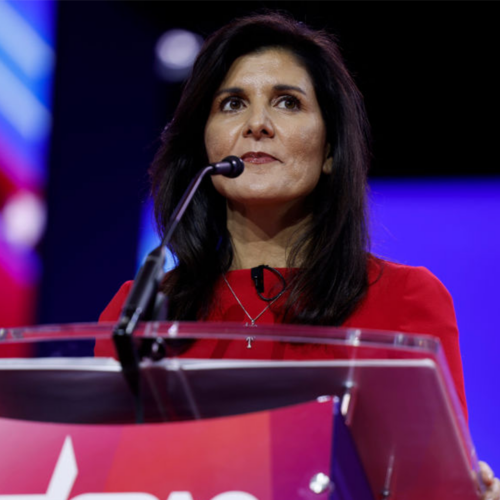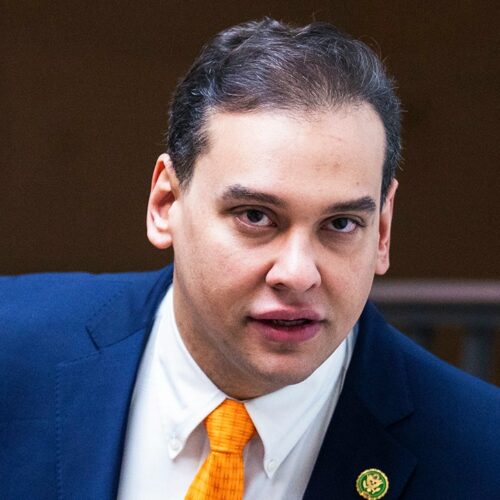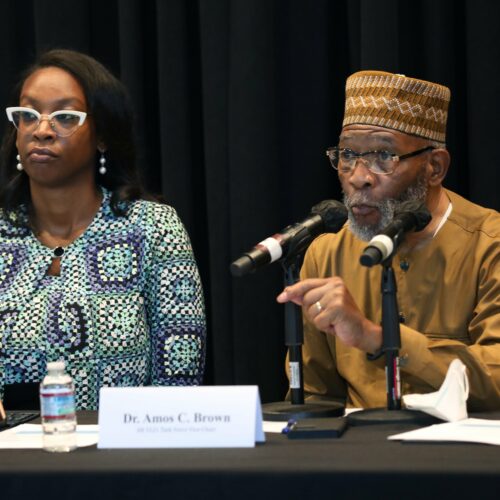“Vacations are meant to be relaxing,” I grumbled to myself, sitting on the pebbled shore of Lopez Island, a few hours outside of Seattle. My husband, Ryan, was helping our two young children construct a driftwood fort just down the beach. This man, who supposedly loved me, had booked us a vacation rental without television or Wi-Fi. He savored the rural quiet ― I found it reminiscent of the opening scenes of a horror movie.
I’d already finished the one beach read I’d brought, so I reluctantly reached for the book my therapist had recommended on “adult children of alcoholic trauma syndrome.” I’d been putting off reading it for months, but figured it was either this or that support group she kept bringing up.
To my shock, I read half the book in one butt-numbing sitting. It seemed to hold answers to the questions that had haunted me for more than a decade: namely, what was wrong with me? Why did a compliment from my husband or my kids crawling onto my lap sometimes warm my heart and sometimes make me want to go out for milk and never return? Why, in short, did I both crave love and feel trapped by it? When Ryan ambled back up the beach with the kids, I shoved freshly underlined passages beneath his nose. I can always count on him to tell me like it is. “Uncanny,” he agreed.
The author seemed to think that children of alcoholics often had PTSD. I scoffed at the notion but marveled at how she had so perfectly captured the behind-closed-doors dynamics of my family of origin — the secrecy, the walking-on-eggshells feeling, the seesaw of my parents’ affection. Could these incidents from my childhood really be tied to my current struggles? Grudgingly I realized not only did I have many PTSD symptoms (nightmares, emotional flashbacks, dissociation, a “tyrannical” inner critic), I had cycled through them all on a single day — my wedding. That day, I nearly walked away from the love of my life.
The morning of my wedding, I was jolted from sleep by a nightmare. Shaking with adrenaline, I wriggled out of the covers and crawled to the foot of the king-sized hotel bed, taking care not to wake the three friends sleeping around me. They’d piled into my bed, unwilling or unable to spring for rooms of their own. We’d graduated college two months earlier and were all unselfconsciously broke. After the rehearsal dinner, we’d parked ourselves in the hot tub, drinking white wine from disposable cups and talking about high school, but I was strict about bedtime — I refused to face my wedding day with puffy eyes.
Eye puffiness was now the least of my worries as old terror seized me. The urge to hide was overwhelming. I scurried into the windowless bathroom, locking the door behind me. With shaking hands, I clutched the bathroom counter and took deep breaths, staring into the mirror. The girl in the reflection didn’t seem to be me at all — she was someone I’d seen on the street maybe, only vaguely familiar. A voice in my head jabbed me with questions: What are you doing? You are a child! You can’t do this. What on earth makes you think you’re capable of committing to anything for the rest of your life?
And yet I was trapped. The ceremony was set to begin at 5 — I could picture the time embossed on expensive cardstock. My mother and I had spent a surly afternoon sitting on step stools in the aisle of a Party City touching all the paper samples in an enormous binder, me barely concealing my annoyance as she lectured on how the invitation “set the tone for the whole event.” Wedding planning had led to a sharp escalation in our arguments; it seemed the closer I came to leaving, the more I drew Mom’s drunken ire. Even if I was terrified of getting married, canceling the wedding was not an option. I wouldn’t live with her again.
“Do you really want to do this?” my maid of honor, Jessica, had asked in the hot tub, holding her plastic tumbler just above the jets’ spray. She subscribed to millennial conventional wisdom: first, you were supposed to “find yourself,” then climb the career ladder, only getting married once you’d already done everything interesting. My friends liked Ryan but questioned my desire to enter into a lifelong commitment at such a tender age. Did I really want to do this?
Yesterday, the answer had been an enthusiastic “yes.” It had been “yes” when Ryan proposed on Alki Beach six months earlier. It had been “yes” when I’d begun crushing on him at play rehearsals my freshman year of college, and “yes” when he kissed me for the first time under the cherry blossoms on a warm spring evening. But where the me of yesterday had been sure, the me of today wanted to run. I didn’t know it at the time, but this was an emotional flashback. Part of me craved the security of marriage, but another part was terrified of depending on someone. After all, my dependency on my parents had kept me stuck in a cycle of love and abuse my entire life. I had chosen Ryan in part because his even-keeled demeanor was the opposite of theirs, but who was to say he wouldn’t morph into my tormentor as soon as I signed my name to the marriage certificate?
Panic was rising in my chest, but previous tangles with anxiety had shown me that labeling the feeling seemed to help. So with a cracking voice, I told the girl in the mirror, “You have cold feet. That’s normal… probably?” I knew, also, the way to fight that feeling of trapped helplessness was to take one action, no matter how small. I began baby stepping myself through the day: shower, pile breakfast food on a tray, get in the car. As I went, I told myself, “I am not powerless, I am choosing to do this.”
One person after another asked, “Are you excited?” Ashen with terror, I could only reply, “I am nervous.” What I wanted, above all, was for someone else to make this decision for me. I wanted to poll all the women in the nail salon as to whether I should go through with this, but thought better of it.
“Part of me craved the security of marriage, but another part was terrified of depending on someone. After all, my dependency on my parents had kept me stuck in a cycle of love and abuse my entire life. I had chosen Ryan in part because his even-keeled demeanor was the opposite of theirs, but who was to say he wouldn’t morph into my tormentor as soon as I signed my name to the marriage certificate?”
With an hour to go, I was sequestered in one of the church’s side rooms and buttoned into my gown, desperately trying not to sweat all over it. When my parents left the room to track down a stray photographer, Jessica looked me in the eye and said, “You know, there’s still time to get out of this. We could leave right now.”
A dam broke inside me. I was laughing. I was crying. She’d said the unsayable, and it was such a relief. I knew then that should I turn and run out of the church, she would be right behind me, furling my ridiculous train. I wasn’t a trapped child ― I was an adult, and I was choosing to do this. Jessica’s offer felt like flipping a coin and only knowing which outcome I wanted once I saw it twirling in the air.
I wanted to marry Ryan. He was the first boyfriend I’d ever trusted with the whole, real me — he’d loved even my most embarrassing parts. I loved his steadiness, his integrity and the sly wit that continually surprised me. I remembered our fourth date — we’d been walking by the Ship Canal near campus when I had tried to break up with him.
“You don’t want to be with me, I’m crazy,” I’d explained.
He responded with curiosity instead of judgment. He listened and then he took my hand. “I think I can handle that.”
As I stood in the back of the church that day, I did not know what our lives would be like in two years, let alone 20. The future stretched out before me, vast and unknowable. But when I saw Ryan’s face, I felt a profound sense of hope. I believed in us. I still do.
It’s been five years since that vacation on Lopez Island. Since then, I’ve been diagnosed with Complex PTSD, amassed a small library on the science of childhood trauma, and done Eye Movement Desensitization Reprocessing therapy. Ryan handles dinner and bedtime every Tuesday so I can attend that support group my therapist was always nagging me about. He listens to my therapy recaps and has agreed to prioritize my treatment, even when it’s been expensive and out-of-pocket. Contrary to conventional millennial wisdom, I’m glad I didn’t wait to get married until I had myself completely figured out. Marriage has been the safe foundation on which I’ve built my recovery.
Last month, my therapist told me I no longer meet the criteria for PTSD — I am cured, I suppose. It feels strange to say that, even as I mark the differences in myself. My inner critic still occasionally whispers that I shouldn’t get used to all this, that letting down my guard will only lead to being trapped again. But now when those feelings arise, I’m able to walk myself through the evidence and see that I really do have the life I always hoped for — not perfection (marriage and parenthood will always be work) but pretty damn close. Saying “I do” to Ryan is still one of the best decisions I’ve ever made.
But I did ban him from picking vacation rentals.
This piece was written and produced as part of the Jack Straw Writers Program.
Do you have a compelling personal story you’d like to see published on HuffPost? Find out what we’re looking for here and send us a pitch.





